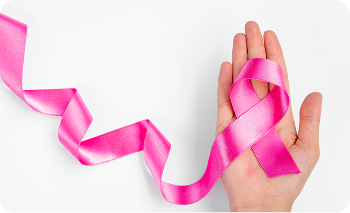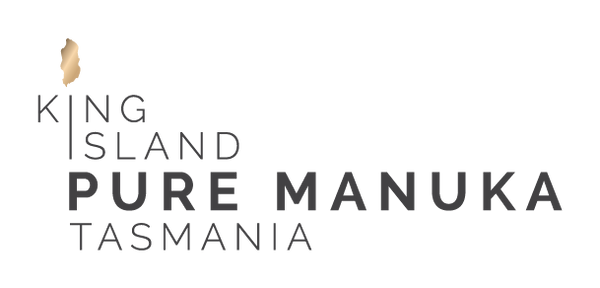
Can Manuka honey treat cancer?
Share
A report by one of the world’s most respected medical research facilities is serious food for thought.
Amid all of the discussion about the powerful health and wellness benefits of Manuka honey, there’s a growing scientific consensus that it has a serious role to play in treating actual life-threatening diseases like cancer.
Researchers from UCLA Health's Jonsson Comprehensive Cancer Center have reported promising findings regarding the potential of Manuka honey as a natural therapeutic agent for estrogen receptor (ER)-positive breast cancer, the most common subtype of the disease.
This preliminary study suggests that Manuka honey could be considered as a complementary – event alternative! – approach to conventional breast cancer treatment.
Here’s a snapshot of the UCLA study
In preclinical experiments, researchers observed that Manuka honey significantly reduced tumour growth in mice implanted with ER-positive breast cancer cells by 84%, without adversely affecting normal breast cells or causing major side effects.
Just let that sink in: An 84 percent reduction in tumour growth.
The study also found higher concentrations of Manuka honey correlated with greater tumour reduction.
Unique Properties of Manuka
Several bioactive compounds within Manuka honey were identified by the research team, including flavonoids, leptosperin, and especially methylglyoxal (MGO), which are believed to contribute to its anti-cancer properties. The study observed that these compounds appear to work synergistically to inhibit cancer cell proliferation and induce apoptosis (programmed cell death).
The concentration of MGO is a key indicator of the honey's potency, with higher MGO levels signifying enhanced antibacterial power.
Potential Implications for Breast Cancer Treatment
The findings from the UCLA study and others serve to spark new conversations around breast cancer treatment, particularly for ER-positive subtypes. Manuka honey's ability to significantly reduce tumour growth without harming normal cells points to its potential as a nutraceutical—a food-derived product with therapeutic benefits—for cancer prevention and therapy.
But while all of us at King Island Pure Manuka are super excited about the prospect of our amazing honey helping to save lives and reduce serious suffering, it’s important to view these findings with, shall we say cautious optimism.
While the preclinical results are encouraging, more research, including most importantly clinical trials in humans, is needed to fully understand the efficacy and safety of Manuka honey in oncology.
Bioavailability and optimal dosages also need to be factored in to any practical applications.
Nevertheless, the preliminary research from UCLA highlights the potential of Manuka honey as a natural agent in the fight against ER-positive breast cancer.
While further investigation is needed, incorporating high-quality Manuka honey into one's diet may offer various health benefits.
Of course, you should consult with healthcare professionals before making significant changes to health regimens, especially for existing health conditions or those undergoing treatment.
At King Island Pure Manuka we’ve been saying for years that the myriad of antibacterial, antimicrobial, antifungal, prebiotic and other powerful benefits of Manuka honey are only barely starting to be understood.
Stay tuned for more articles discussing what medical researchers and scientists are discovering.
Meanwhile visit here to read more about the diverse range of health and wellness benefits of Manuka honey, and the amazing story of King Island Pure Manuka honey.
